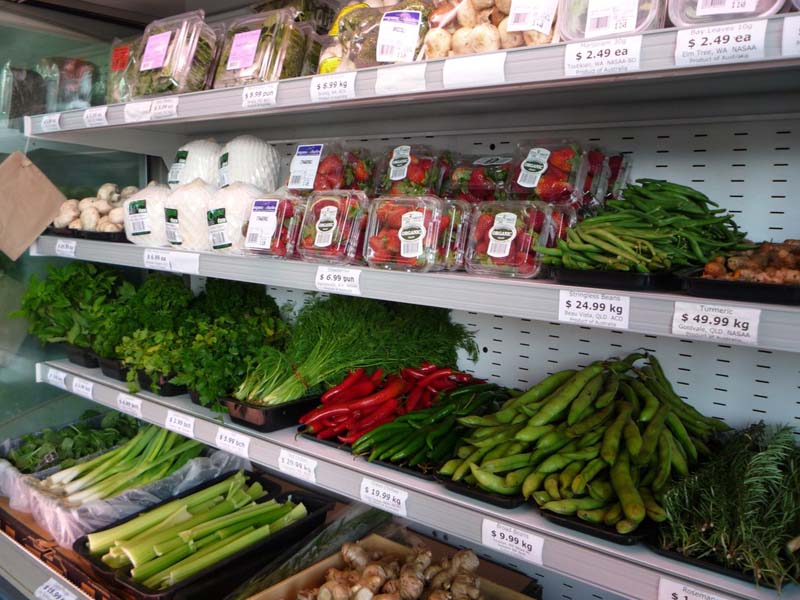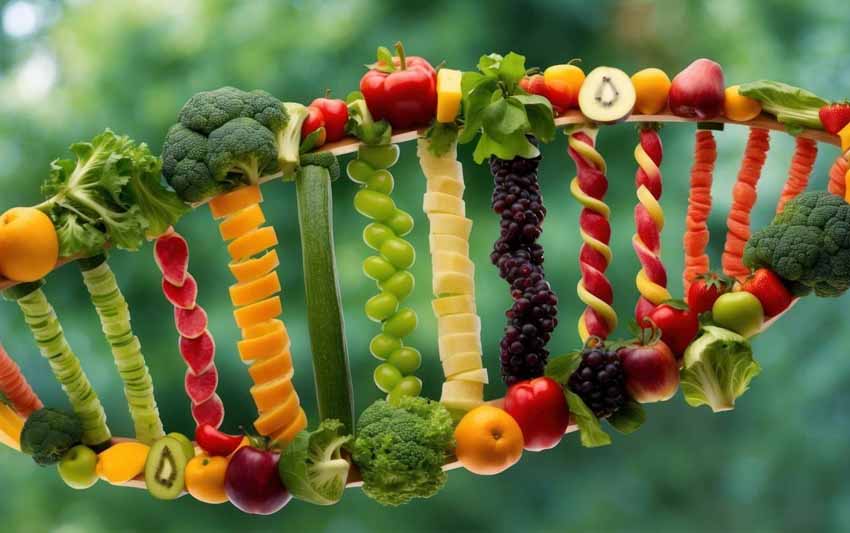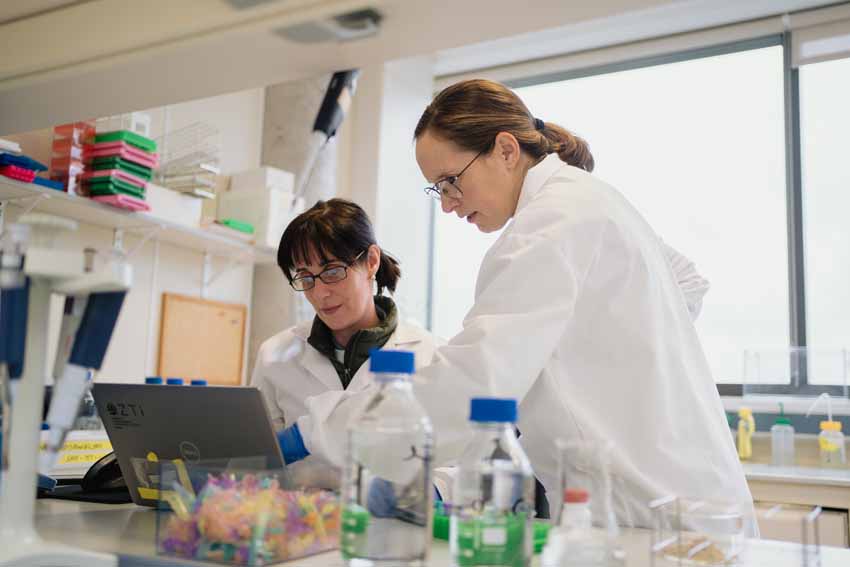Food retailers winning trust through COVID-19 pandemic
Últimas noticias
Ethics in Artificial Intelligence for Food and Health: From “Can Do” To “Should Do”
Ocean Acidification in the Bay of Biscay: two decades of data confirm a rising trend
[EATrends] Nutrition4me: The Road to Precision Nutrition
- Farmers also saw boost in consumer trust as one in four European consumers had greater faith in the food industry
- The AZTI technology centre, the Spanish National Research Council (CSIC) and the Autonomous University of Madrid have been the Spanish partners in research
Bilbao, December 18, 2020. Consumers are more trusting in the food industry because of the COVID-19 pandemic with farmers and retailers seeing the biggest rise, according to new research.
The results of a EIT Food-funded project, Increasing consumer trust and support for the food supply chain and for food companies reveals that the ability of the food industry to continue to stock shelves despite the global pandemic has led to improved trust.
Within the framework of this project, new research has been carried out with the aim of analysing those aspects that generate confidence or mistrust in the consumer.
“Several studies on consumer behaviour that we have carried out had allowed us to identify that there are multiple sources of distrust on the part of consumers: from issues related to the supply chain to product labelling or certification systems,” says AZTI, one of the initiative’s partners. “By exploring the current barriers affecting the consumer, the sector will be able to find valid approaches to tackle them”.
Therefore, while this new research has been focused on the consumer, it has also taken into account all the links involved in the food supply. An online survey of 2200 people was conducted and 33 meetings were held with consumer groups involving a total of 163 consumers from 6 different countries (Finland, Israel, Italy, Poland, Spain, United Kingdom). In Spain, the research was coordinated by the AZTI technology centre, the Spanish National Research Council (CSIC) and the Autonomous University of Madrid.
As a result of these actions carried out with consumers, it has been found that, similarly, in all six countries consumers expressed their need to have confidence in the food they consume and in the food supply chain.
On the other hand, when asked about the effect of the COVID-19 outbreak on their confidence in the food supply chain, 28.5% of consumers reported greater confidence in the food supply chain in all six countries, 19.3% reported less confidence and the majority, 52%, saw their level of confidence unaffected by COVID-19.
Consumers expressed a higher level of confidence, and a greater increase in confidence for farmers, followed by retailers and food manufacturers. Confidence in catering and restaurants fell slightly on average, with around 28% of consumers indicating lower confidence compared to 24% saying their confidence had increased.

Índice de contenidos
Quality and price, the most valued aspects
Participants said that the greater transparency about the way that the business is run, as well as fairness and increased quality of products, were crucially important to trust.
Professor Richard Bennett from the University of Reading leads the EIT Food-funded Grand Challenges project. Professor Bennett said: “Faced with what could have been a damaging period for the food industry, the way that different companies and parts of the system have managed to continue to deliver food to the shelves and peoples plates has done a lot to engender trust.
“It’s not surprising to see that food retailers have also improved their levels of trust in 2020. As the global pandemic led to panic buying and stockpiling, retailers responded quickly and fairly to ensure that essential items were available as much as possible. We have also seen how restrictions have redefined what we consider key work which includes food retail which has further helped.
“The global pandemic has been a turbulent time for the food industry, but these results demonstrate that different businesses and individuals involved approach 2020 having gained more public trust than when we started.”
Helping consumers
As part of the project, consumers have been able to have their say on how the food industry should be improving to win public trust through the new project.
Using data on public trust in the food industry, the team behind the project have been meeting with different parts of the industry to engage in trust building work, and will be facilitating forums where consumers can work with the food industry on projects to improve trust further.
Researchers have met with food industry representatives who recognise that transparency is key to consumer trust and that this requires openness, honesty and a willingness to engage with consumers and other stakeholders.
Professor Bennett said: “In particular, we see that farmers continue to enjoy the top step in the trust podium, benefitting from the continued image of being hard working independent producers who face a lot of risks and particularly.
“Consumers are telling us that key aspects of that trust come from an ethical approach. Animal welfare, reducing food waste, fairness in pricing and honest labelling were seen as the key improvements that different parts of the sector should be focusing on. This shows that we as shoppers are wanting to see better and fairer standards of our food.”







